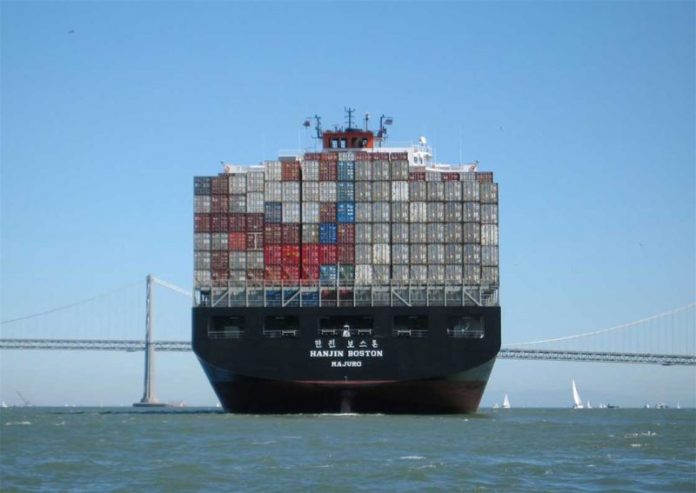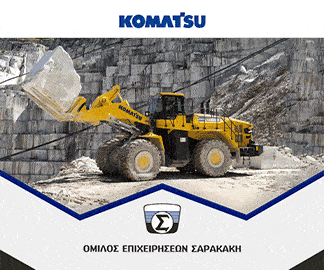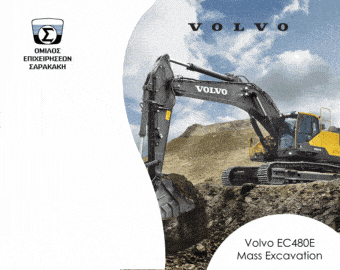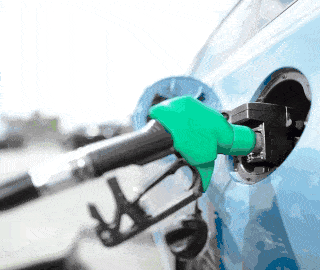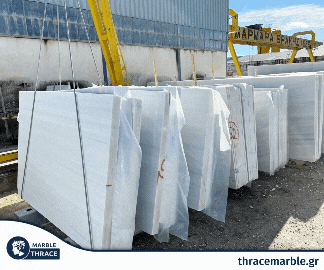The International Maritime Organization (IMO) has established that the maximum sulfur content in fuel must be reduced sharply
Oversea transportation of shipping containers is on the move once again, and this time it could have repercussions for the natural stone branch: The International Maritime Organization (IMO) has established the freighters must reduce the emission of pollutant emissions sharply by 2020. Practically, this means that the sulfur content in fuel must not exceed 0.5% as compared to the 3.5% limit currently in place.
For shipping in coastal areas (Sulfur Emission Controlled Areas, SECA) caps have long been even lower. But the new limits will then apply inside the 200-mile zone and thus for oversea shipping worldwide.
The new limits pose no insurmountable problems for shipping companies, but they will entail higher costs meaning a possible end of shipping as we know it today: as the Royal Academy of Engineering established in a study which it conducted on alternative methods of propulsion, that the 60s and 70s were all about cheap methods of transportation.
Offshore shipping usually relies on a mixture of diesel fuel and heavy fuel oil or bunker crude. The heavy fuel oil is a waste product of the oil refinery process and contains a large portion of sulfur which, in turn, causes acid rain.
The alternative is so called marine diesel oil, which contains much less harmful substances but is far costlier.
An alternative is the use of so-called scrubbers: pollution control devices used to remove some harmful particles or gases from exhaust streams. The cost of acquisition would pay off within but a few years. However, equipping all ships within two years could prove difficult.
Another alternative fuel is liquid gas, also costlier than today’s shipping fuel and with but a few pumping stations available today.
A long-term alternative could also be fuel cells, still in the trial phase. Tests are being conducted in small units providing power for electric circuits or air conditioning on board.
We asked Danish Maersk Line, the world biggest container shipping company, for a statement and got the following answer: Maersk will update part of its fleet with new scrubber technologies, yet „we still believe the best solution remains with compliant fuels.“
Recently, the company has agreed on a joint initiative with a Dutch refinery which will cater for approximately 20% of Maersk’s worldwide demand for compliant fuels. „We are looking into more facilities like this.“
Source: www.stone-ideas.com



